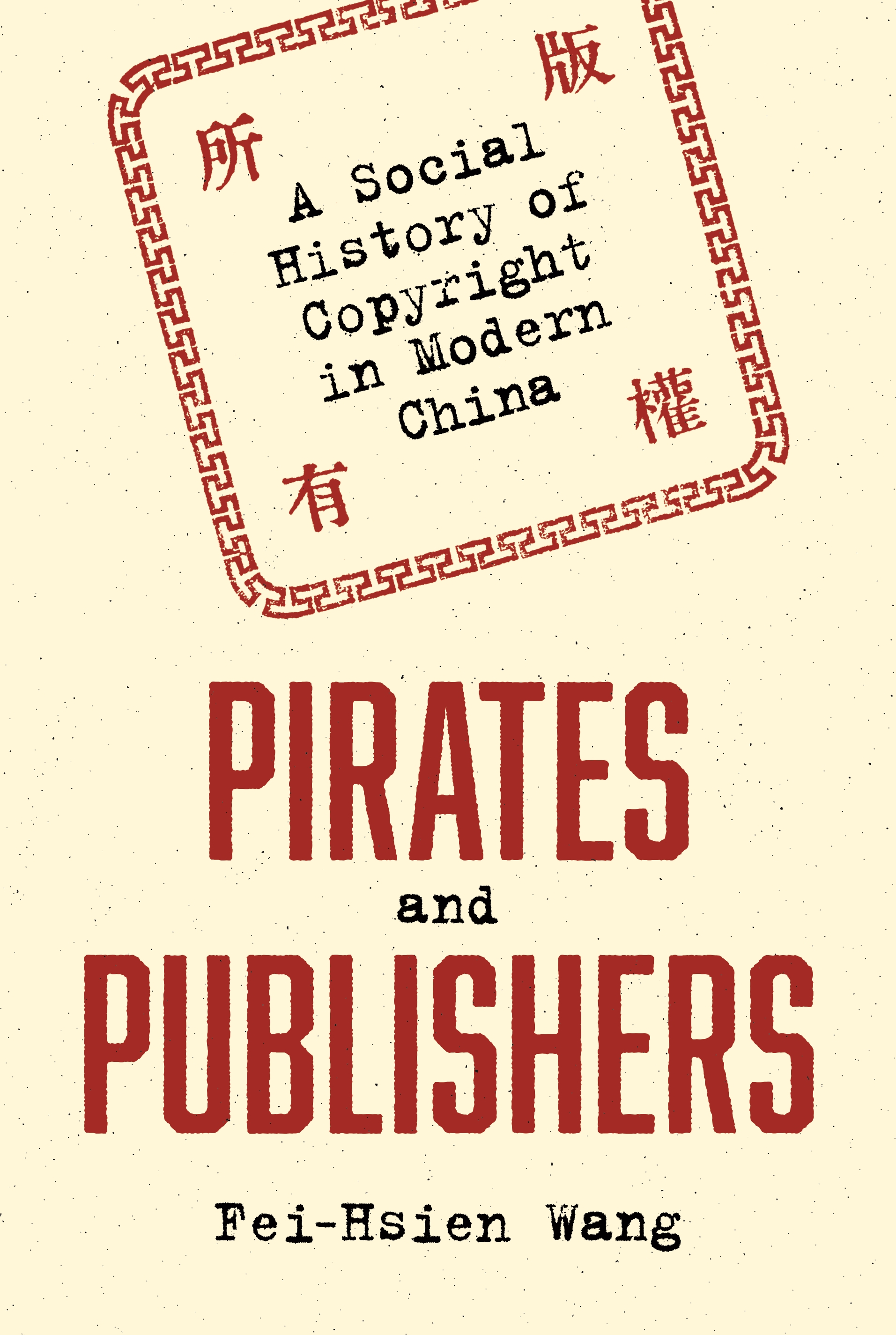 |
| Robert W. Gordon (SLS) |
[The third and final posting of citations for the new Honorary Fellows of the American Society for Legal History is for
Robert W. Gordon. Amalia Kessler of the Honors Committee read Professor Gordon’s; we ought to have mentioned that Bruce Mann, a past president of the ASLH, read the citations for Professors Brand and Scott. DRE]
It gives me enormous personal and professional pleasure to announce that my teacher and now colleague Robert W. Gordon, Professor of Law at Stanford University and the Chancellor Kent Professor of Law and Legal History (Emeritus) at Yale, is being named an Honorary Fellow of the ASLH. Through his extraordinarily influential scholarship and his remarkable generosity as a mentor, Professor Gordon has had a profound, transformative, and enduring influence on the field of legal history.
Gordon completed his law degree at Harvard in 1971. Thereafter, he went on to assume professorships at a series of excellent universities-SUNY Buffalo, Wisconsin, Stanford, and Yale. So too, he has held visiting professorships at top institutions around the globe, such as Harvard, Oxford, Toronto, and the European University Institute. He has given on the order of two dozen named lectures at leading universities and been awarded a broad range of prestigious fellowships. A deeply respected expert on legal ethics and the legal profession, he has served as a member of various task forces and advisory boards focused on such matters. And his service to the field of legal history has been especially extensive. Among many other activities in this arena, he served as a past president of the ASLH.
Professor Gordon has published more than 80 articles, essays, and book chapters. He has also published a number of edited volumes and is working on two book manuscripts. His writings have spanned a variety of topics, including the history of the legal profession and contracts. But he is most widely known for his highly influential essays on legal history and historiography.
Perhaps first and foremost within this remarkable groups of essays is "Critical Legal Histories." In an extraordinary survey of myriad past approaches to understanding the relationship between law and society through time, Professor Gordon highlights their otherwise neglected commonality-namely, a "functionalist" conception of law as emerging to address social "needs," which are naively (or cynically) imagined as somehow pre-existing and thus pre-political. Demolishing such functionalism, Gordon calls instead for an approach to history that respects the many contingencies in legal-historical development and attends to the ways that law and society are mutually constitutive. It is impossible to overstate the extraordinary influence of these ideas in shaping the legal history scholarship produced over the last forty or so years, and not only by scholars of U.S. legal history. Indeed, even as efforts have been made to question the paradigm of context and contingency, it remains quite clearly the reigning paradigm-or as one colleague puts it, the nature of Professor Gordon's influence has been such that we all "operate in a Harold Bloomian anxiety of influence."
Professor Gordon is also widely recognized as a, if not the, preeminent historian of the legal profession in the United States. Among the many distinctive virtues of his work in this arena is his tracing of the interconnections between on-the-ground efforts to pursue professional reform, on the one hand, and high legal thought, on the other. So too, it bears emphasis that his scholarship is widely admired not only for its substantive contributions, but also for its inimitable style. As another colleague writes, Professor Gordon is "our field's greatest essayist," whose "vintage . . . aperçus . . . make one laugh aloud and nod one's head at Bob's wisdom. No one is more fun to read. No one is smarter."
Professor Gordon's remarkable influence on the field of legal history, however, extends well beyond his scholarship. He has played a key role in training an incredible number of people in this (virtual) room, amounting to two or even three generations of legal historians. And they all both admire and adore him. He is always open to new ideas and to new people-and while he might not always agree with the ideas, he is unstinting in his willingness (and eagerness) to engage with them, respectfully and thoroughly. Indeed, as all in his wide orbit know, he spends untold hours on activities that do not earn a line on the CV but that mean everything in terms of creating and sustaining a vibrant and welcoming intellectual community. He teaches numerous one-on-one directed reading and research classes, comments extensively on papers and dissertation chapters, and writes a near endless stream of recommendation letters. And he does all of this in a way that combines his unique, Gordian mix of great generosity of spirit, on the one hand, and hard-headed, trenchant critique, on the other. The end result is that the beneficiaries of his wisdom are always lifted up-and in all possible senses.
For lifting us all, and the field of legal history as a whole, we are thrilled to welcome Professor Gordon as an Honorary Fellow of the Society.



















